Paradise exists. It´s called Tanzania.
A long, long time ago, before the cities existed, before music, before cars, roads and rush, paradise was born: Tanzania, the land of our ancestors. Here you´ll find the oldest footprints on the planet; our grandfather Australopithecus stepped on these fields 3.6 million years ago. So, it can be said we are all Africans. And they, those of today, despite everything, look at us as brothers. At least, that's how they made me feel during my trip to Tanzania.
When I land on this place, I realize how strong that root is. And when I look at their eyes, I only see universal beauty. Shamira is a four years old girl with that shine of innocence in her eyes. How much is that smile worth? Not all the gold in the world, neither the diamonds, nor the coltan could enclose it in a little box. And that is its purity. Do not allow anybody to steal it, Shamira. I keep it stuck in my memory.
This is the place where humans coexist cautiously with their wild neighbors. Under the same intense light, a herd of lionesses and their cubs rest on top of a kopki, the wind caresses the mane of a lone and majestic lion, a hyena walks among flamingos, a cheetah dozes on the highest branch of a Acacia and thousands of wildebeest complete their migration. It is happening at the same moment. And we have the privilege of witnessing it. As David, our safari guide, said: "Serengeti, family."
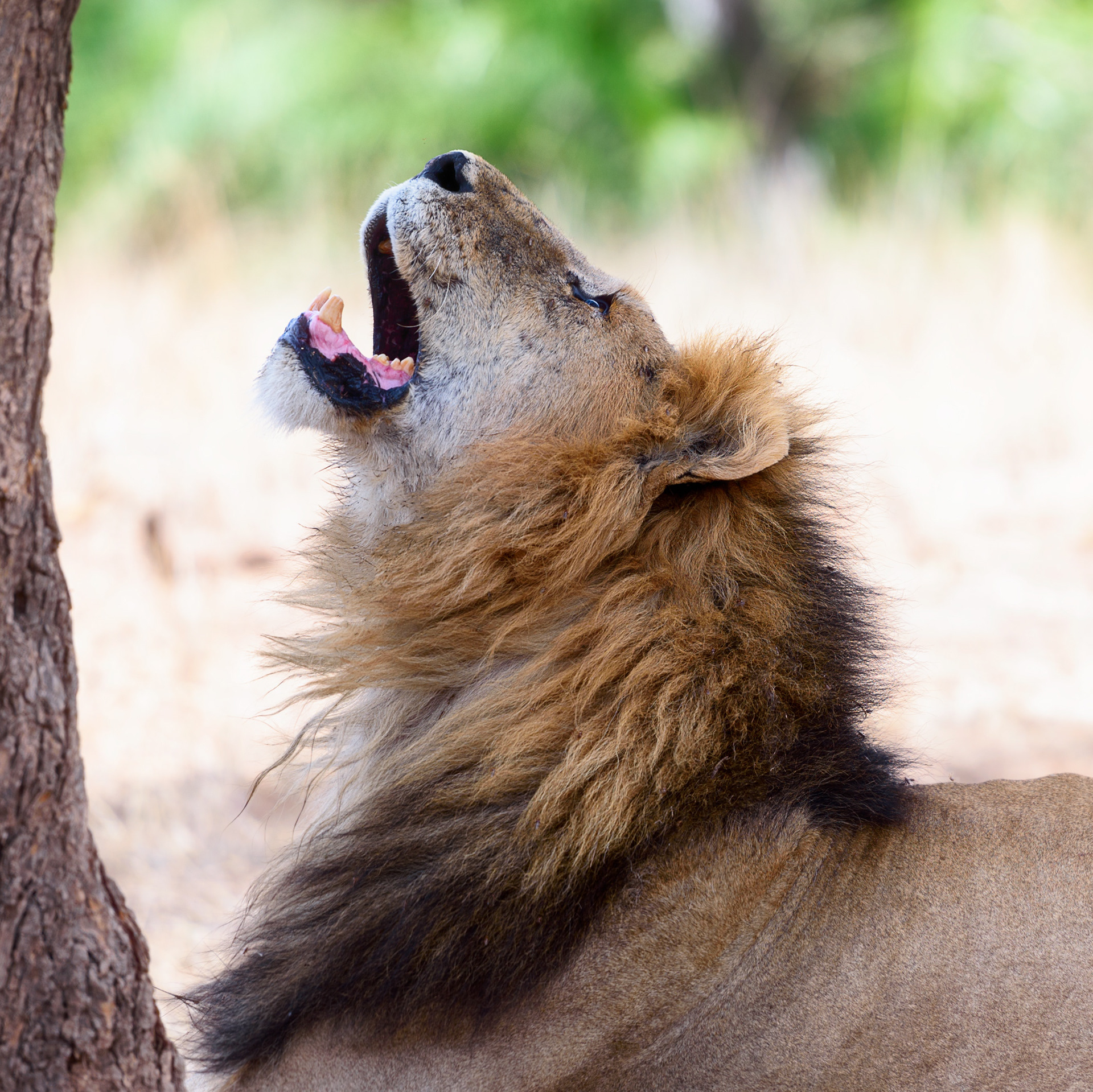
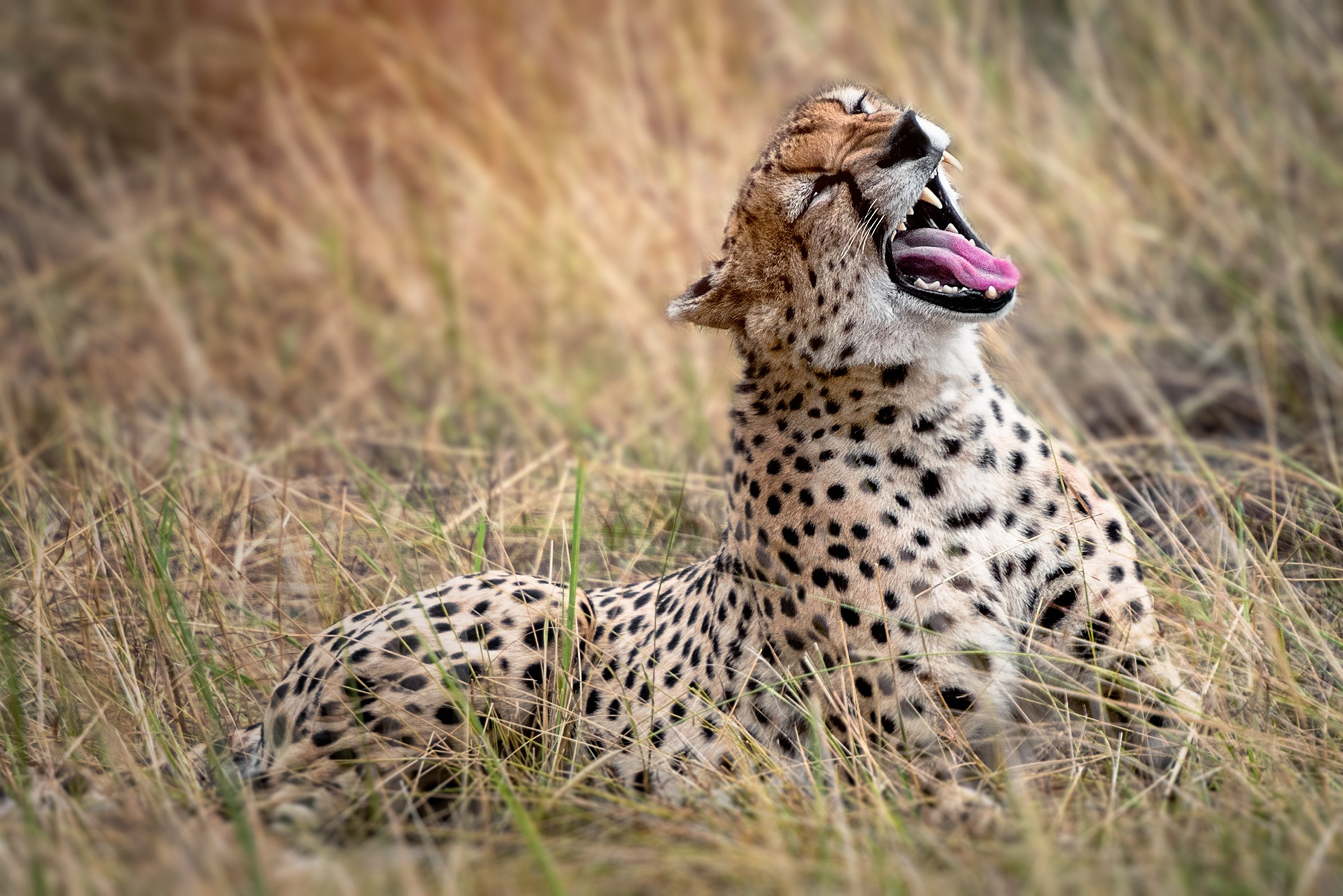
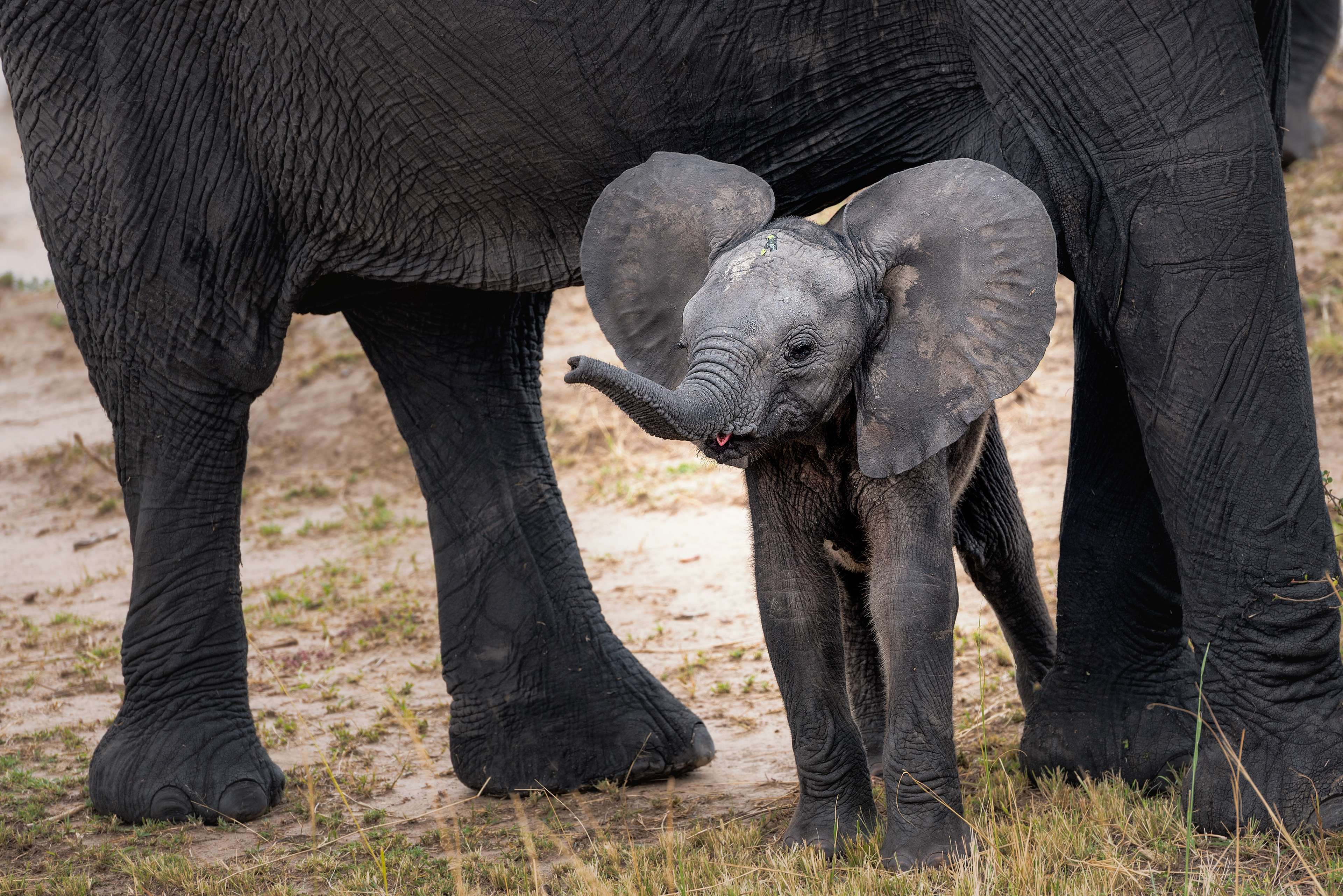
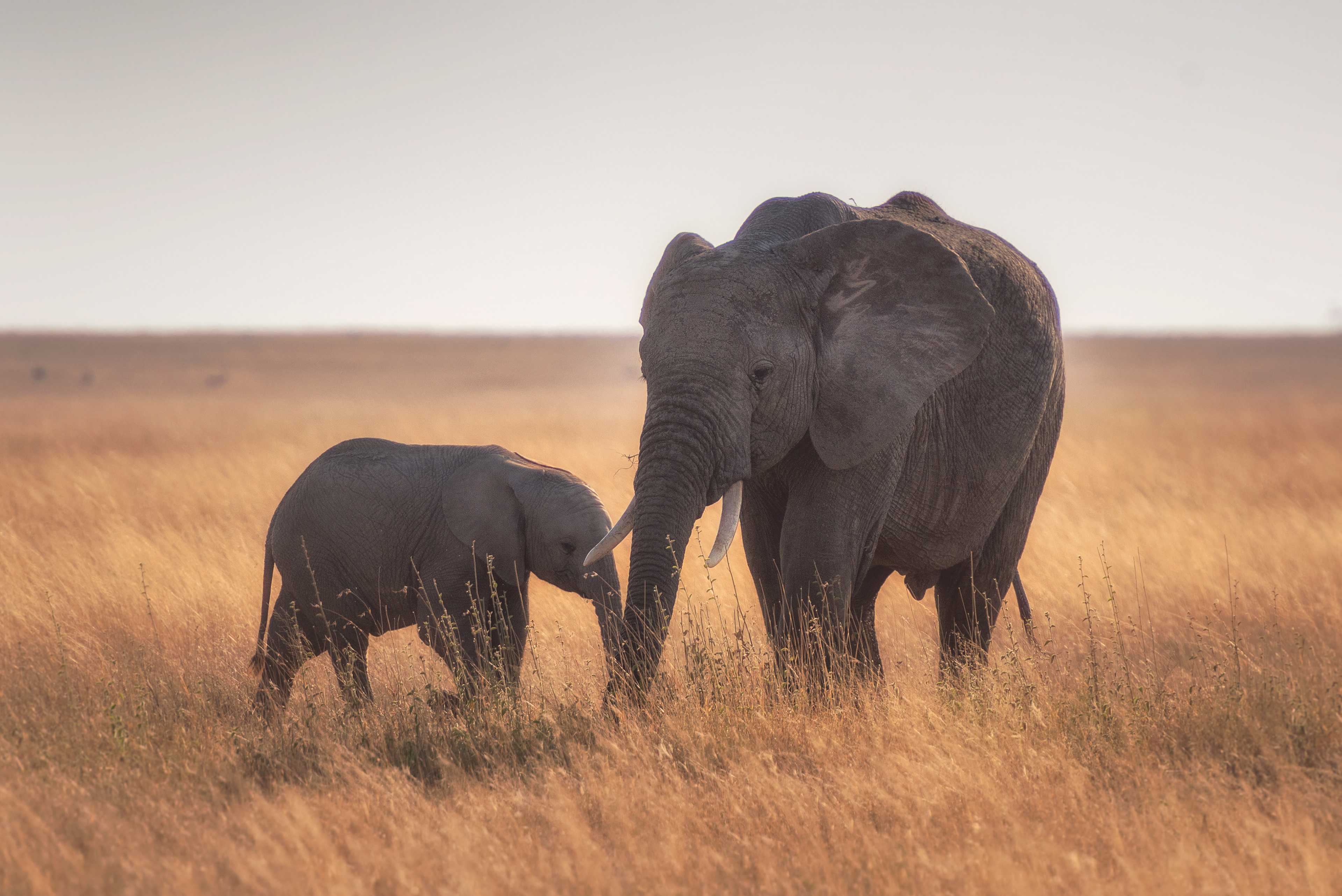
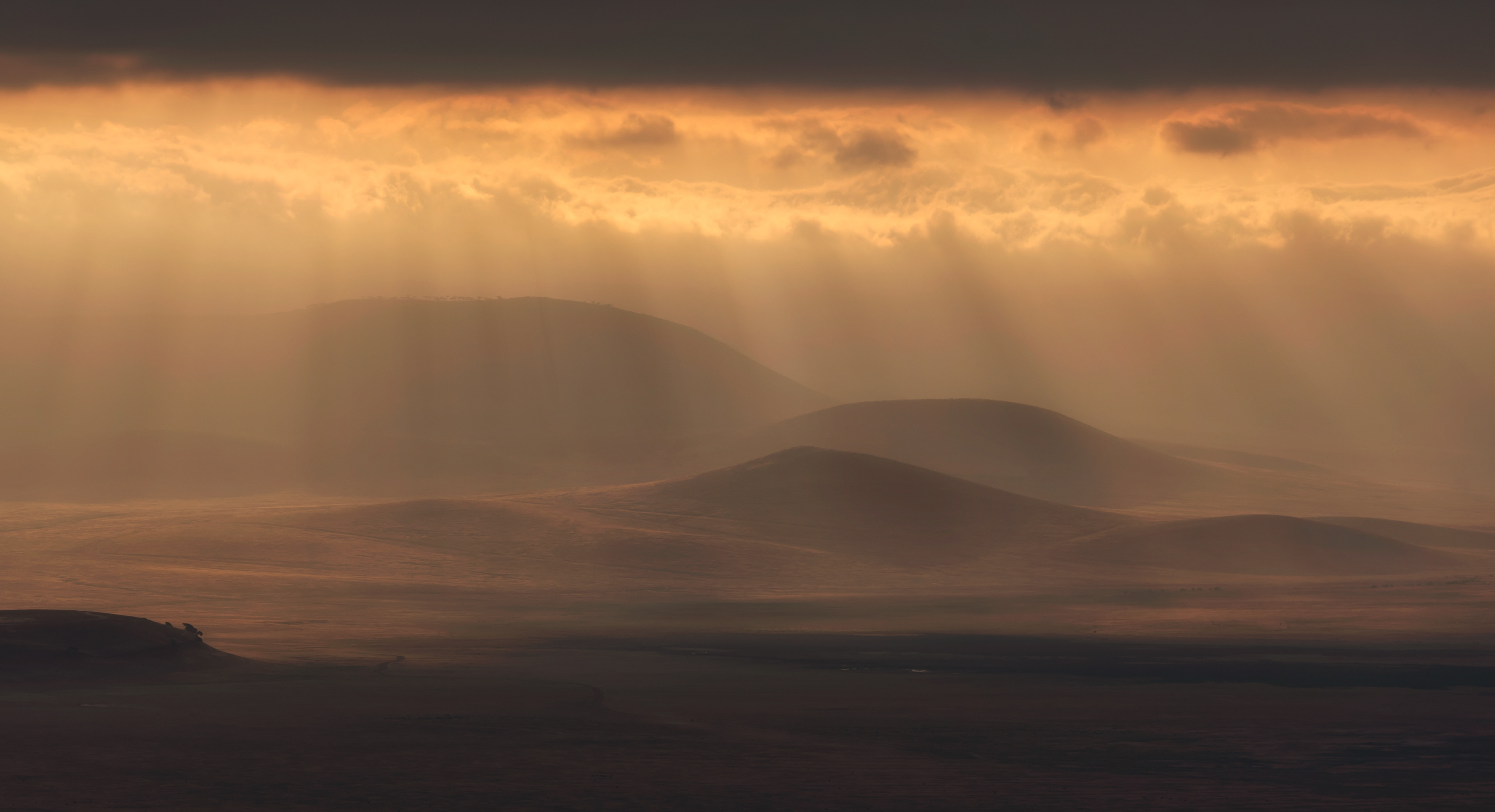
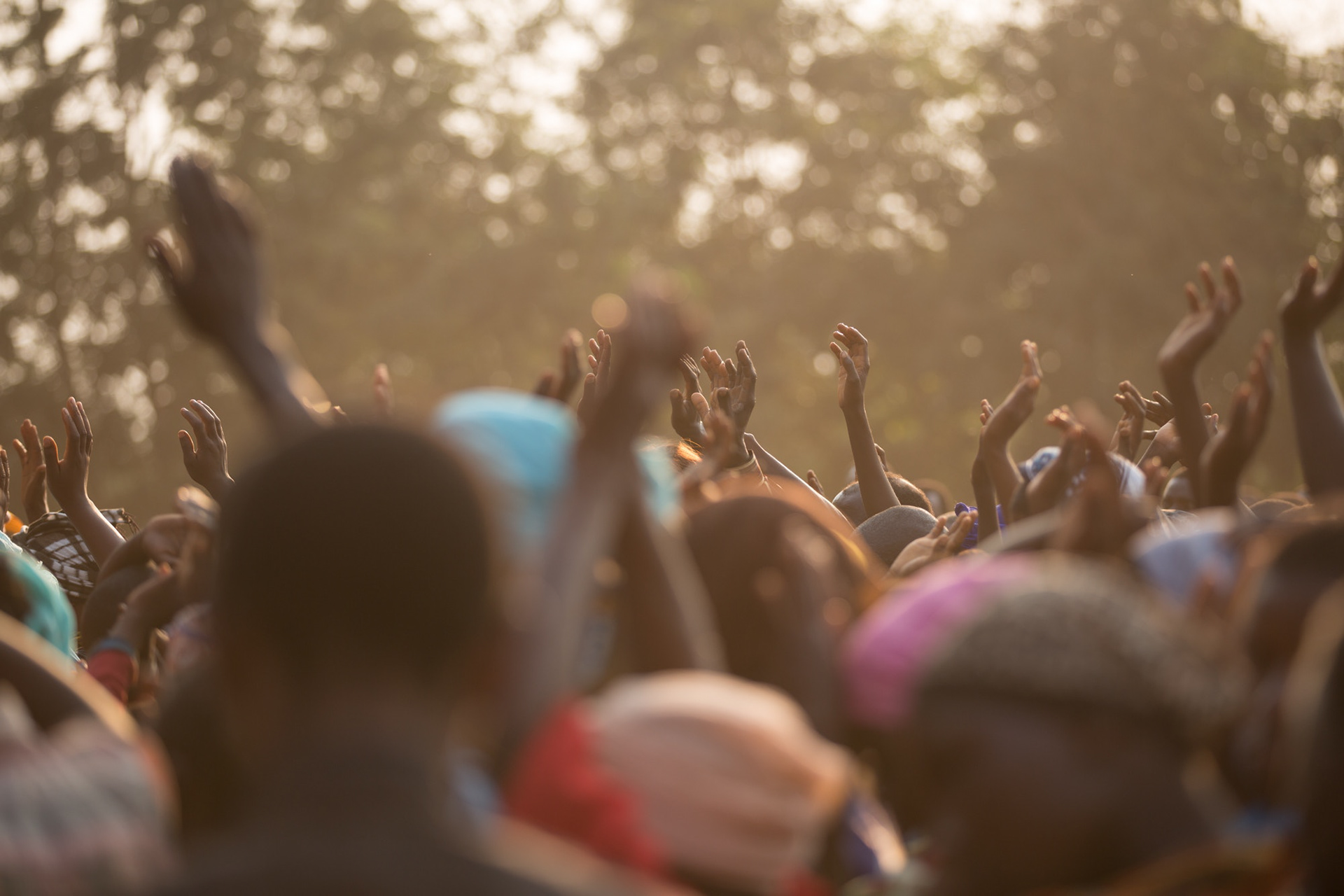
Leopards, giraffes, elephants and lions walk in the same lands as the Maasai and these ones do it with the only protection of their spear and their knife. But they are truly warriors. I was struck by the story of Agustino's brother, a real Maasai. He warmly opened the doors of his house to us, welcomed us into his family and proudly told us how he hunted a lion! He was just a teenager. He had just been circumcised in his rite of initiation, the passage from child to warrior; but to become a real Maasai warrior, the tradition said they should hunt a lion. Without rifles, without wheels... Just walking. Spear and knife.
His group managed to surround the lion. The lion looked at them one by one, looked for fear in their eyes, looked for a weak point to be able to flee. But an authentic Maasai does not fear the lion. That is his identity. He threw his spear and stuck his knife. He killed the most powerful animal in the savanna, the king. Right there, he stopped being a child. He became a hero. I have never heard so much passion in a memory. Nowadays, the law prohibits killing lions. The Maasai youth have never hunted one. But, as they tell us, the lion still fears them, distinguishes the smell of goat and milk. And its color, red like fire.
.
Traditions evolve to survive. Mobiles today also live among the walls of mud, straw and excrement which a Maasai manyata (house) is made from. Nowadays, men help their women to build houses. Some adults wear suits and the younger ones do not want marks tattooed with fire on their cheeks. Many of them speak perfect English, some even Spanish. Not all are farmers, a few have studied a career and have their own business. But they are still Maasai. Earth weighs heavily. And it will always do. Agustino showed us the coexistence between tradition and change. His eternal smile takes him off from the wheelchair in which he has been for the last three years. A car accident changed his life. He´s still working but only from home. He has a tourism business. Organizes trips for “mzungus” (foreigners) to meet his people, the authentic Maasai people. The name he chose could not be more descriptive: Maasai Spirit Safaris.
Serenna, Agustino. Njema Safari, best luck in your trip.
We left Africa but we carried this land very deep inside. There are three things that Tanzania has tattooed on my soul, without wanting it, without noticing it: the enormous and expressive eyes of the children; the hospitality and bravery of the Maasai people; and the wild and overwhelming force of this land, the purity of its wind, the evening light, the nocturnal sounds of the savanna and the imposing eyes of the lion.
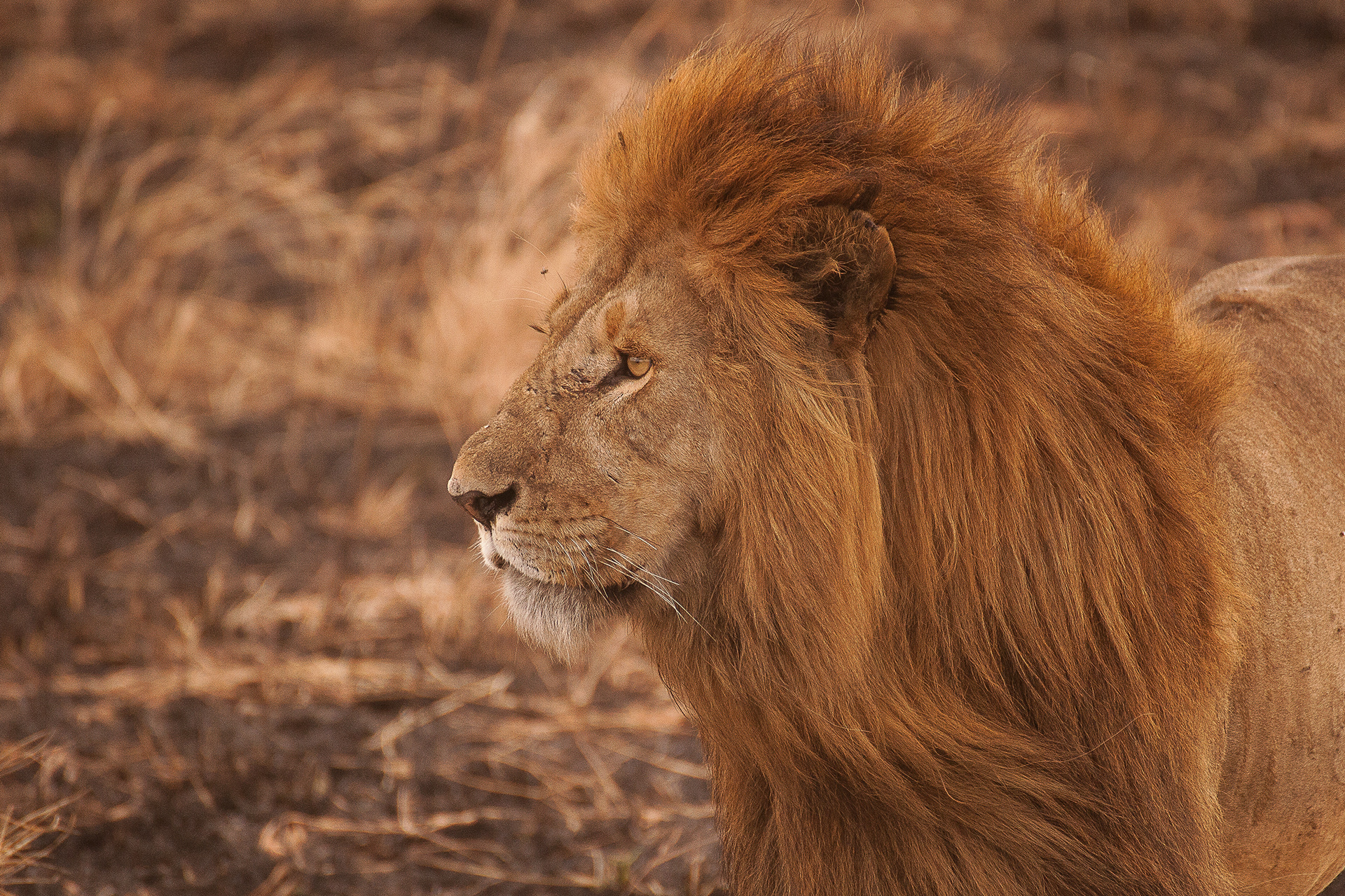
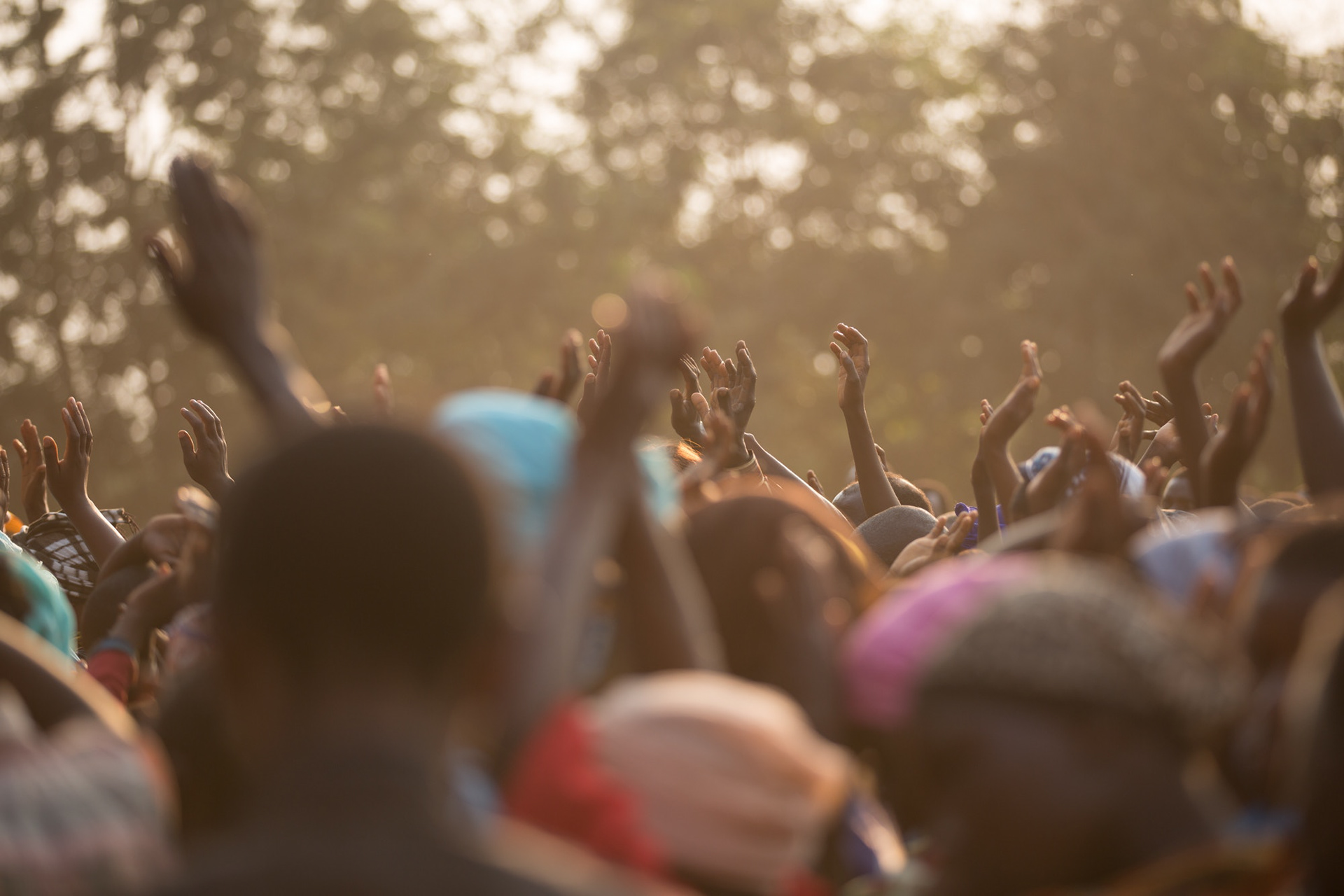
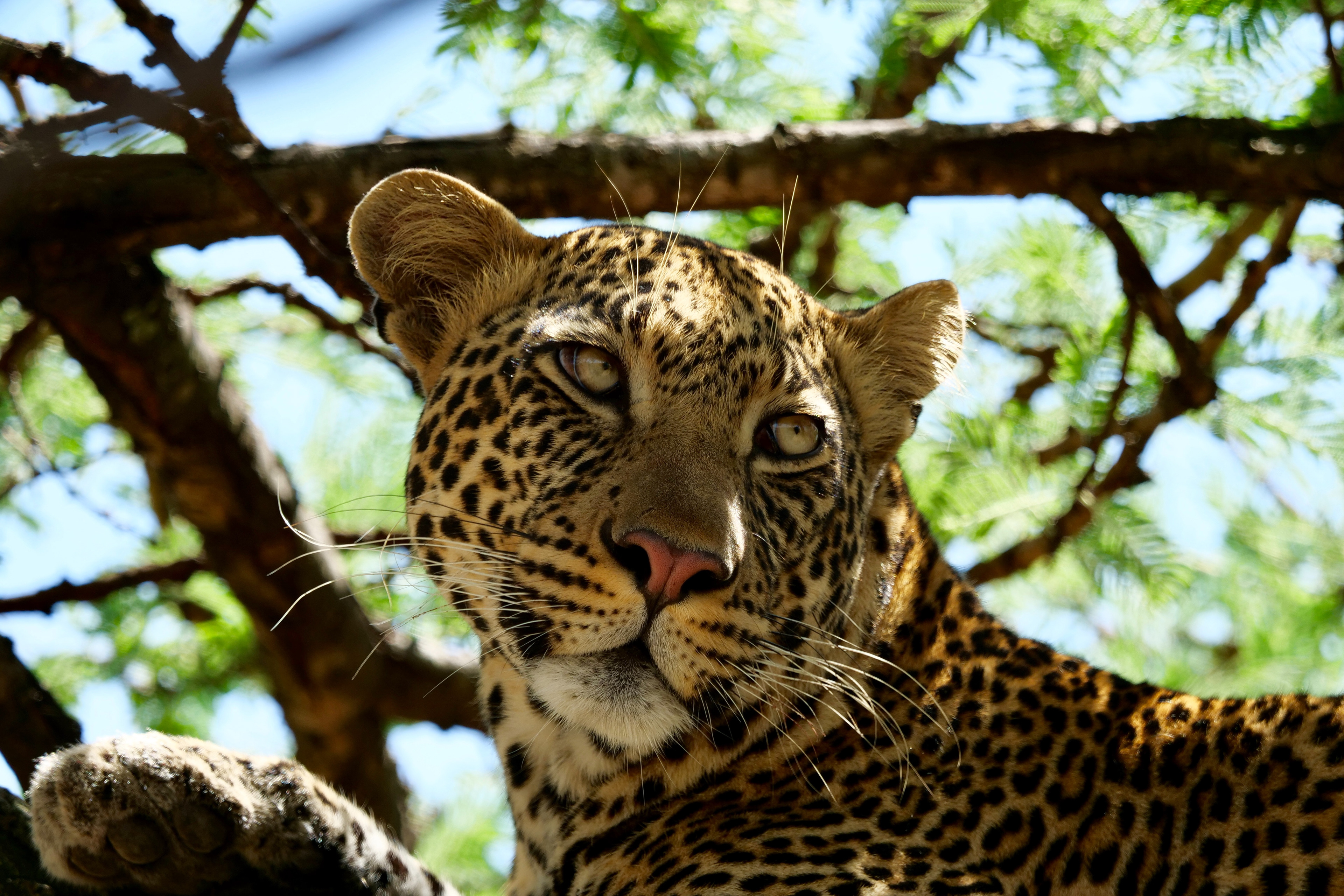
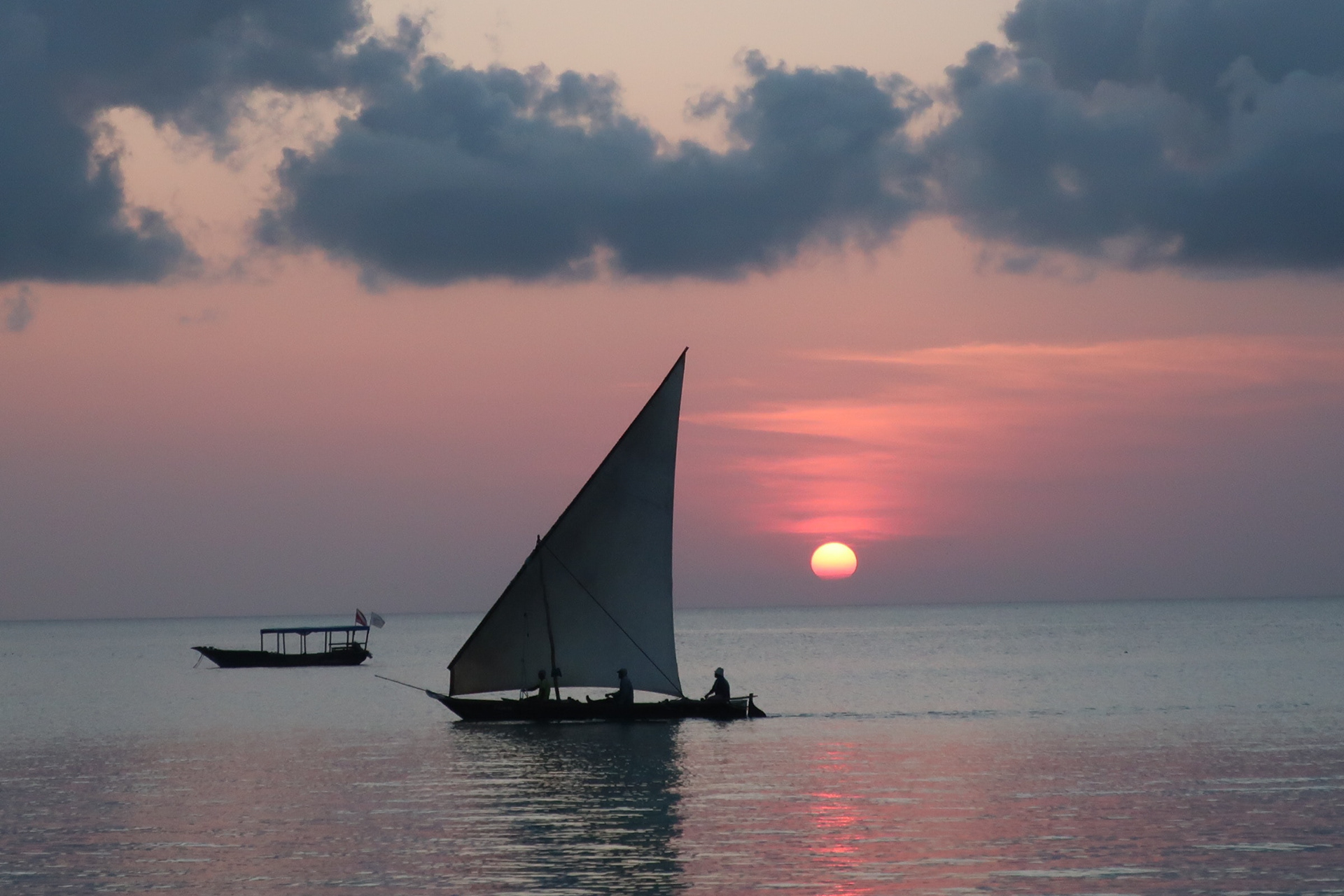
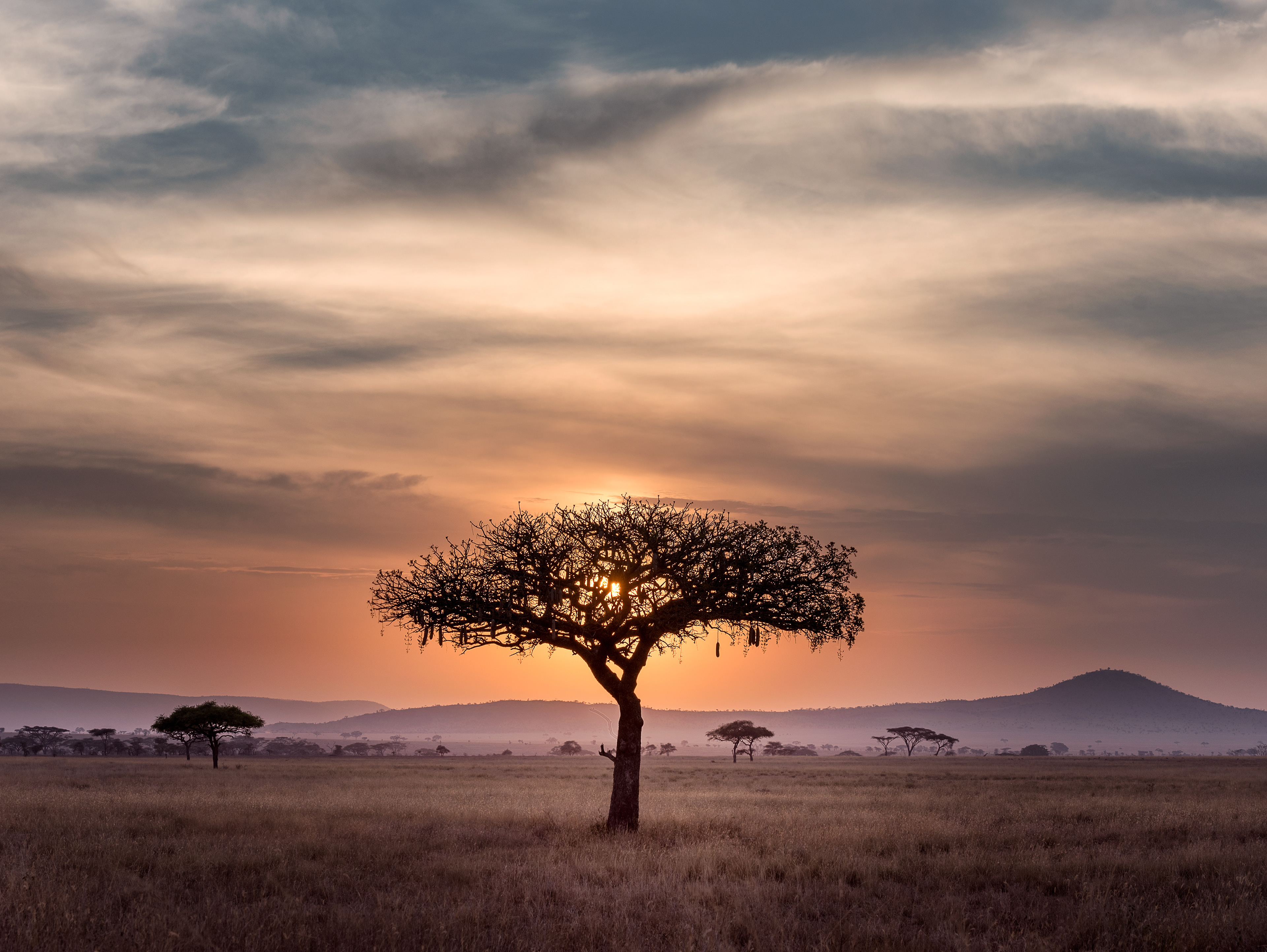
"Kwa heri" means "see you soon". See you soon Carmina, David, Gemma, Paul, Agustino... Thank you for teaching us that little corner of your heart and for making us sharers in your happiness. We are “mzungus”, foreigners, but we have felt at home. I hope our paths will cross again. "Asante sana, sana·... Many, many thanks ... Swahili is a sweet language, so much that it melts in your mouth. But if I had to choose, I would have two words: "nakupenda sana". It all started in Tanzania.
Thank you, Tanzania!